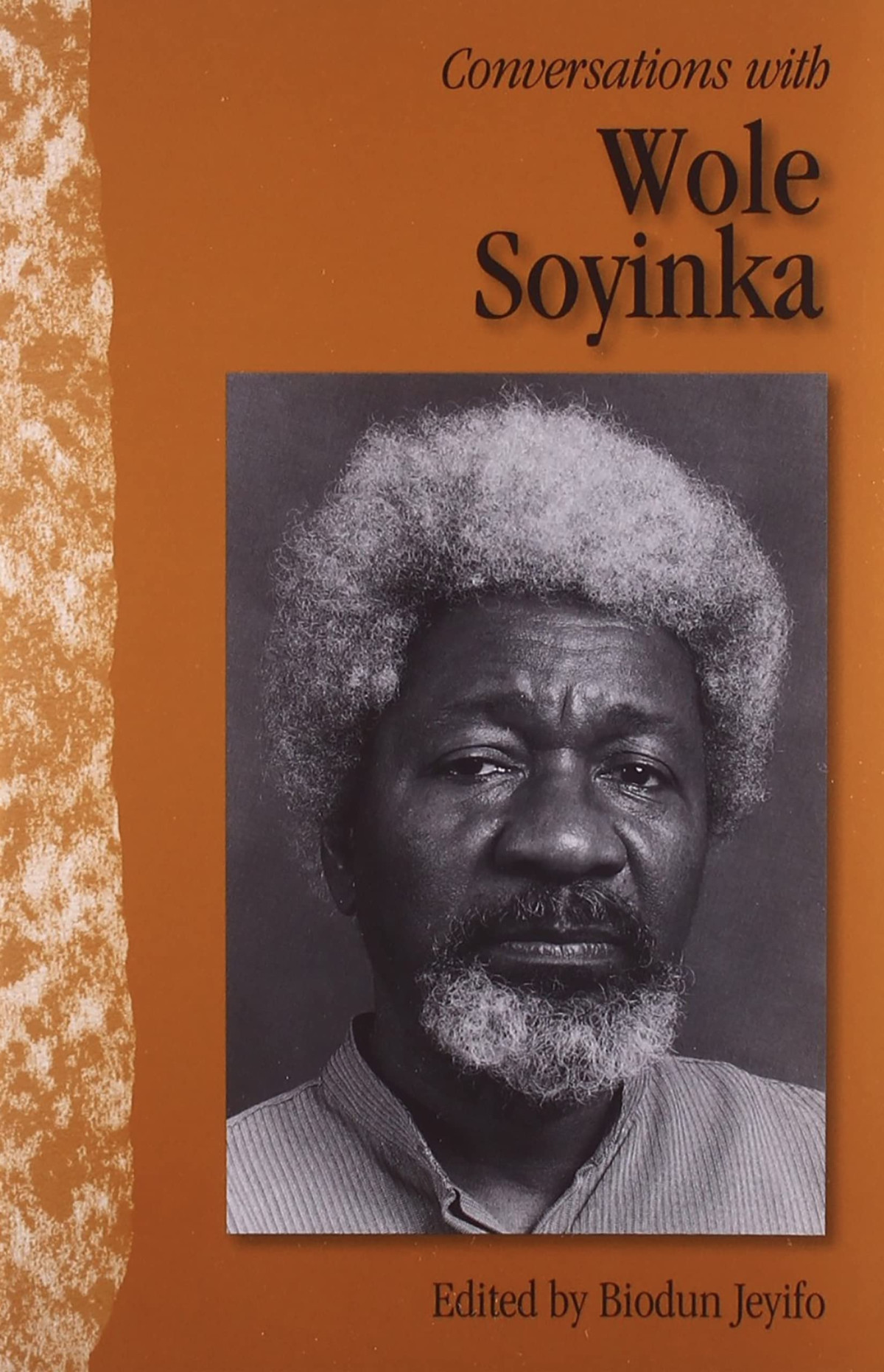

Most ebook files are in PDF format, so you can easily read them using various software such as Foxit Reader or directly on the Google Chrome browser.
Some ebook files are released by publishers in other formats such as .awz, .mobi, .epub, .fb2, etc. You may need to install specific software to read these formats on mobile/PC, such as Calibre.
Please read the tutorial at this link: https://ebookbell.com/faq
We offer FREE conversion to the popular formats you request; however, this may take some time. Therefore, right after payment, please email us, and we will try to provide the service as quickly as possible.
For some exceptional file formats or broken links (if any), please refrain from opening any disputes. Instead, email us first, and we will try to assist within a maximum of 6 hours.
EbookBell Team

4.4
102 reviewsNobel Laureate Wole Soyinka is the most prominent writer from the African continent and one of the greatest living playwrights in the English language. His plays have been produced by the leading professional and repertory companies and stages in the English-speaking world including the National Theatre in Britain and the Lincoln Center in New York.
At the same time, Soyinka has been the most consistent campaigner against civil and human rights violations and abuses, on occasion using his drama, poetry, and essays to speak out powerfully and eloquently in defense of the freedom of ordinary citizens and of the conscience and autonomy of the African continent's writers and intellectuals.
Featuring interviews with Henry Louis Gates, Jr., Anthony Appiah, and the editor, among others, Conversations with Wole Soyinka is the first collection of Soyinka's interviews. The volume helps to clarify the place of Soyinka in the canon of modern African literature and the international currents of world literature in English of the last half century.
Within the interviews, Soyinka is forthright, clear, and eloquent. He specifically addresses many facets of his writing and plumbs pressing issues of culture, society, and community in the present period of increasing globalization. With interviewers in Africa, America, and the United Kingdom he discusses the rise of extreme nationalist and fundamentalist movements and ideologies in his homeland.
In particular, the volume throws welcome light on many of the difficulties and obscurities of form and “message” that both academic and non-academic readers find in the most ambitious works of Soyinka. Soyinka says, “I never set out to be obscure. But complex subjects sometimes elicit from the writer complex treatments.”